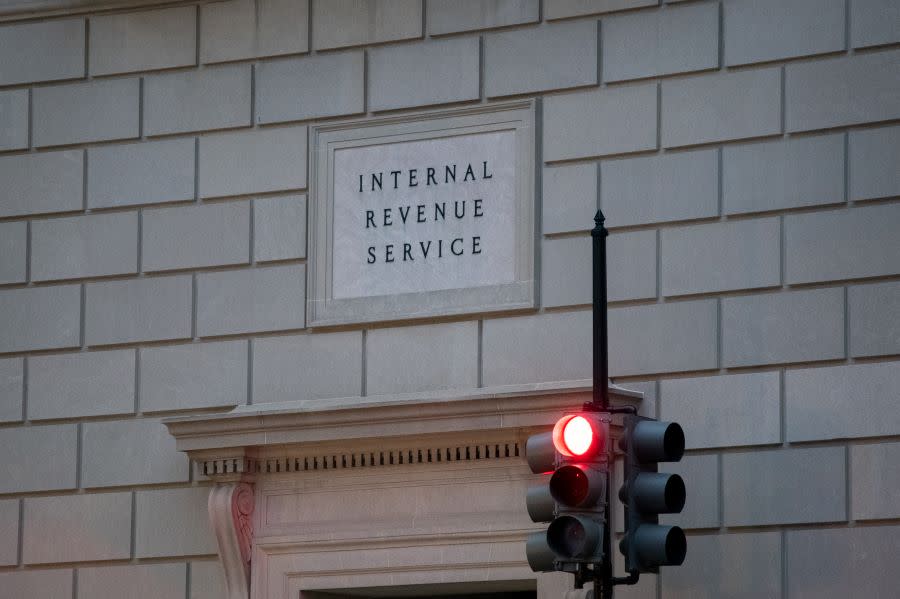SCOTUS Chevron Decision Could Make the IRS’s Job Much Harder

The Supreme Court’s decision last week to overturn the so-called Chevron rule is expected to affect virtually all federal agencies, including the IRS. Howard Gleckman of the Urban-Brookings Tax Policy Center says the decision could make it harder for the IRS to write regulations that address the many gray areas of tax law that have not been clearly defined by Congress.
“Regulatory flexibility is especially important for tax law,” Gleckman says. “Congress frequently leaves it to Treasury and IRS to fill in statutory gaps, either because taxes are so complex or because lawmakers cannot agree on how to address a specific issue. Indeed, lawmakers often leave implementation of tax law to the IRS and Treasury because they know they can, thanks in large part to Chevron.”
That flexibility could be sharply reduced thanks to the high court decision. At the same time, the Supreme Court said that Congress could explicitly provide flexibility to regulatory agencies. But the limits of that flexibility may be hard to define for lawmakers – and an inviting arena for political combat in what Gleckman calls a “hyper-partisan environment.”
“Repealing Chevron extends the Court’s recent enthusiasm for weakening executive branch power,” Gleckman says. “But it may upend the way Congress writes tax law, create an administrative mess for Treasury and the IRS, and complicate life for taxpayers who crave and deserve legal clarity.”

 Yahoo Finance
Yahoo Finance 